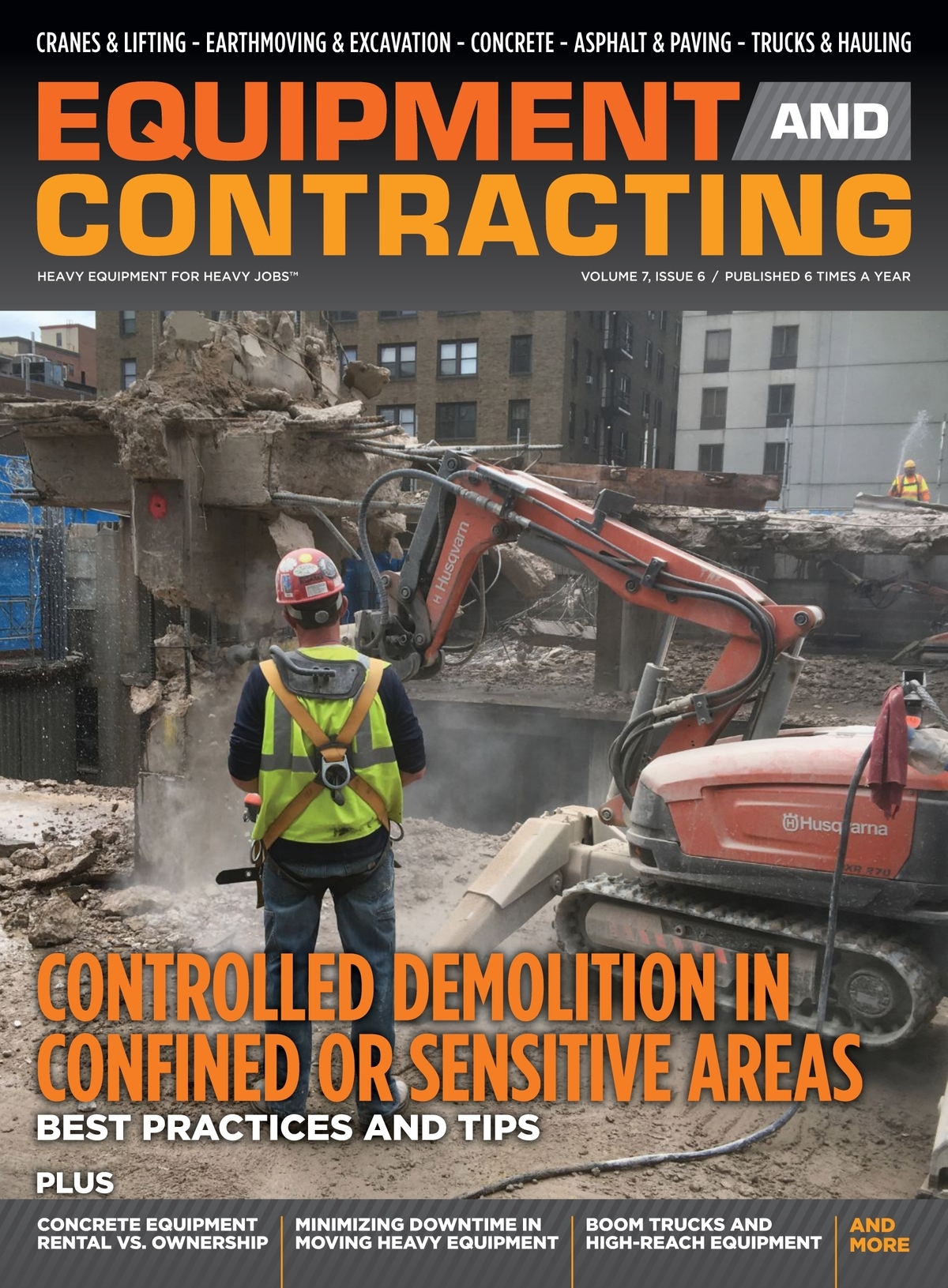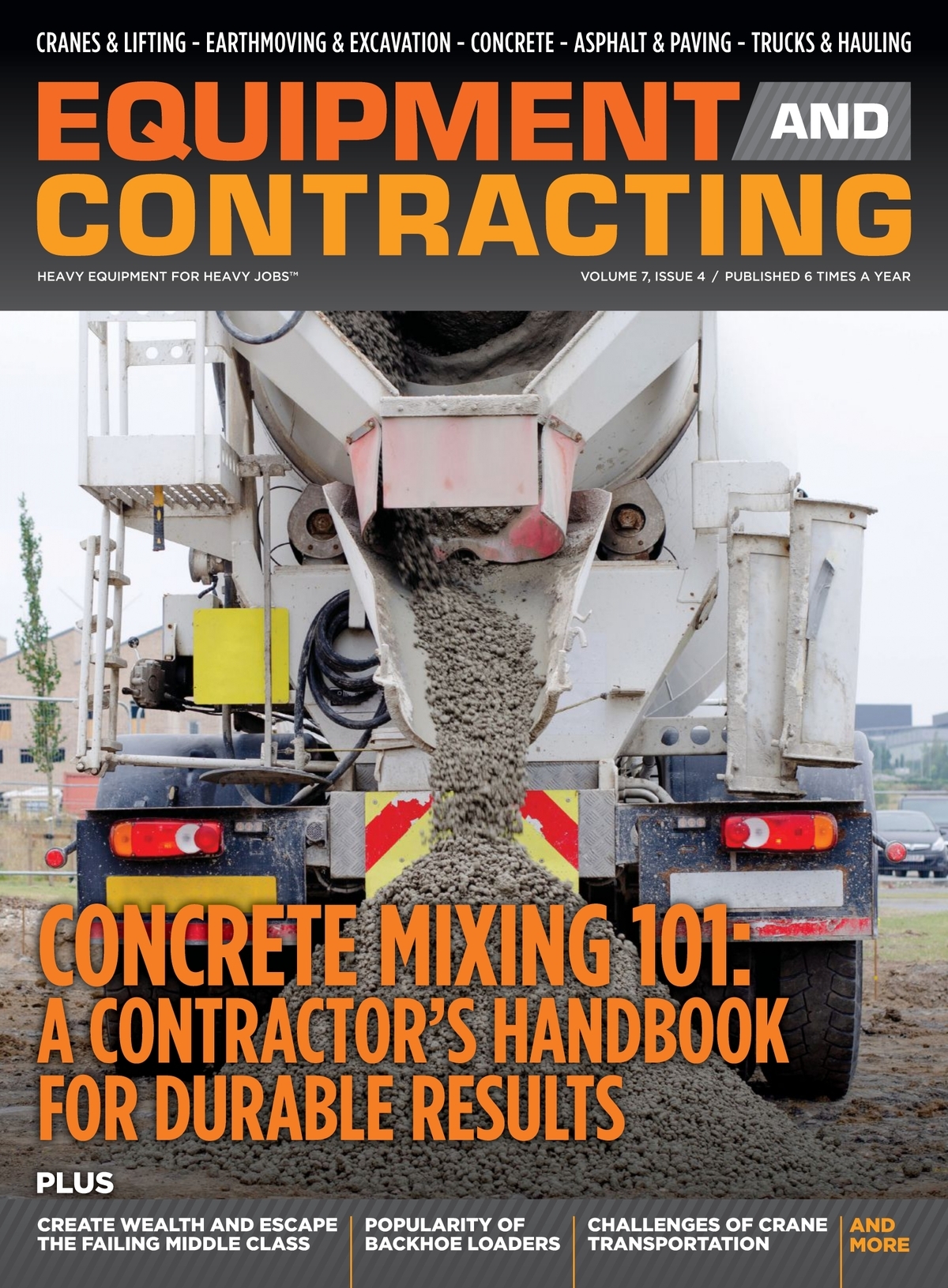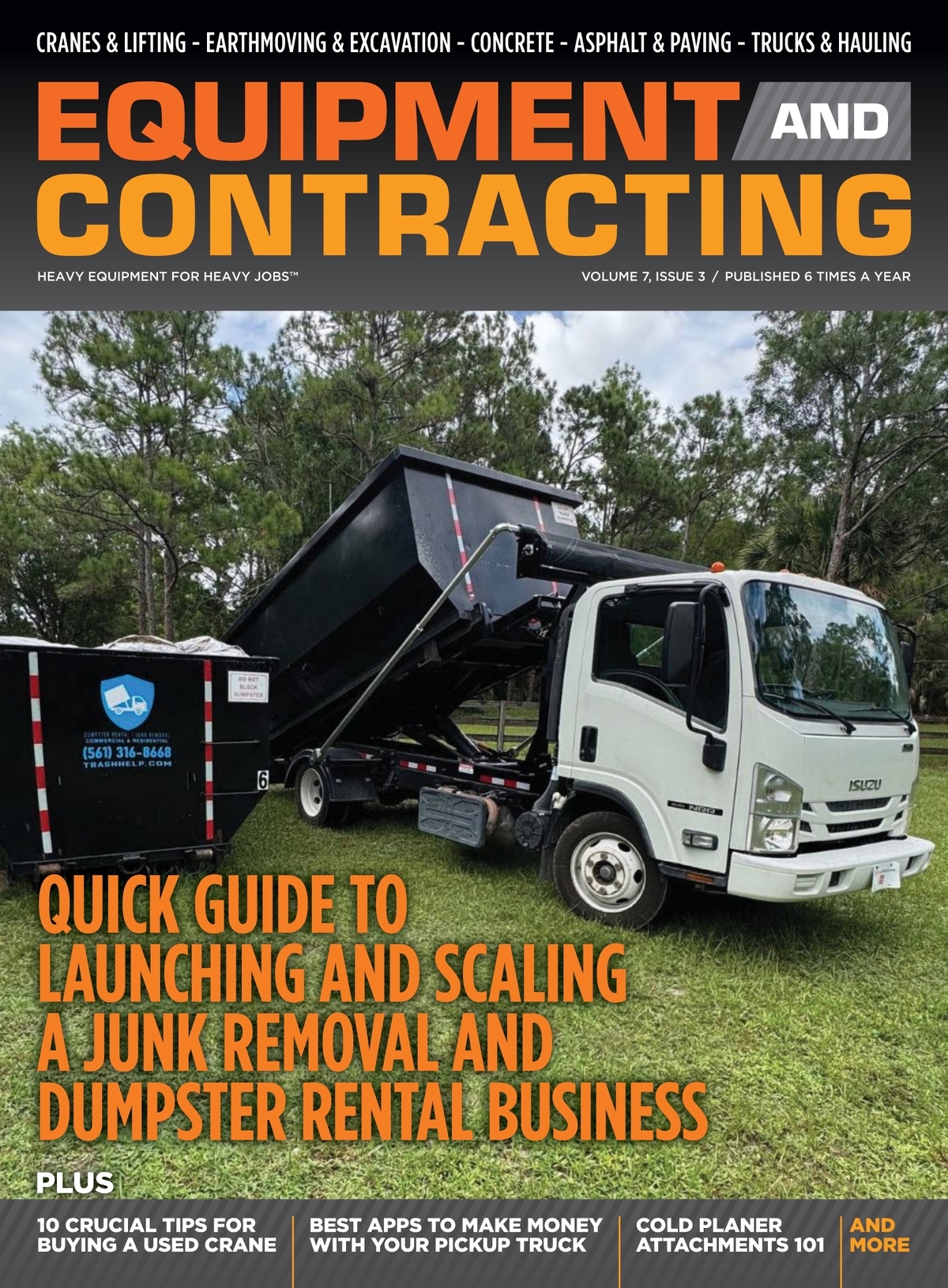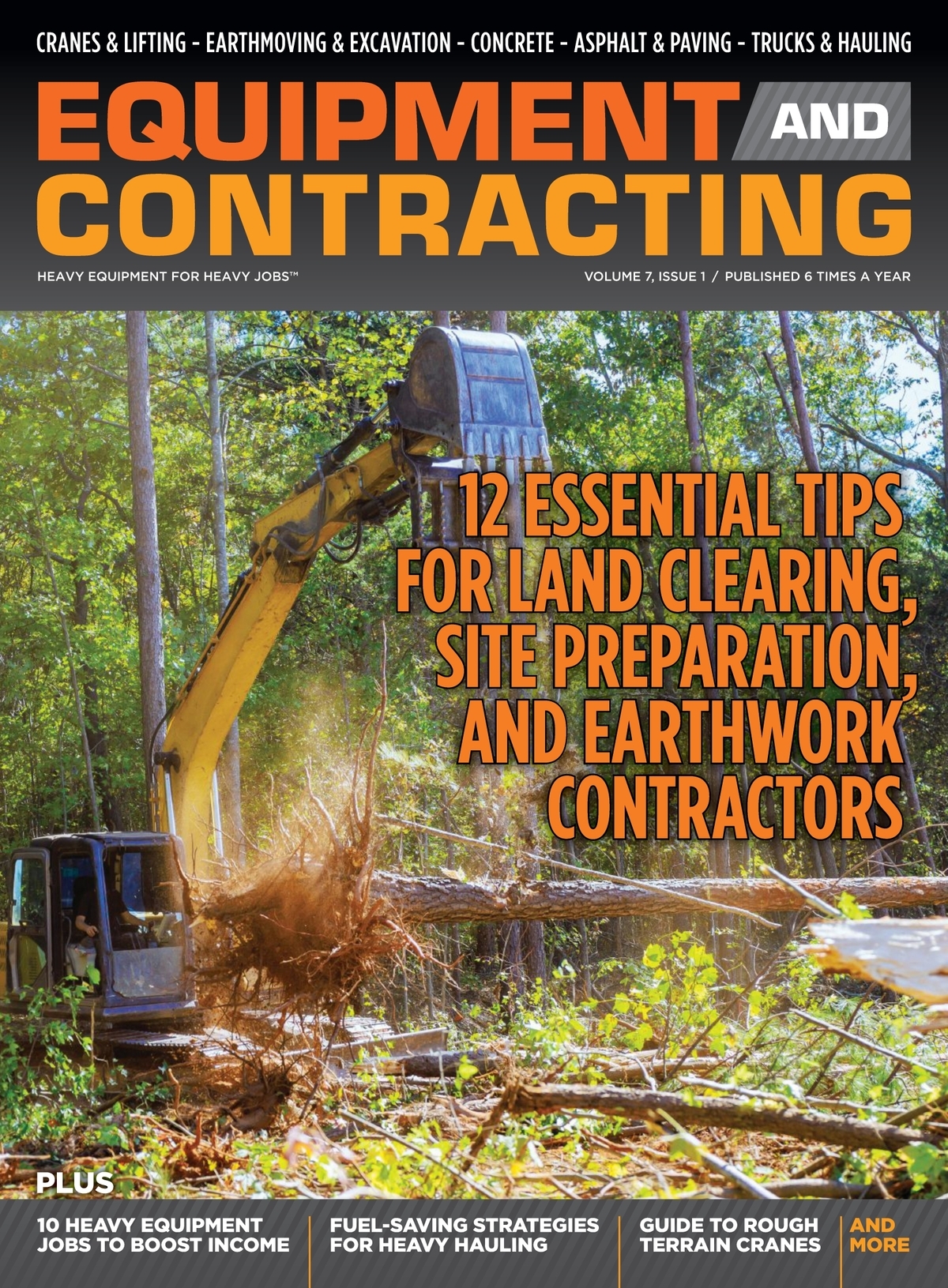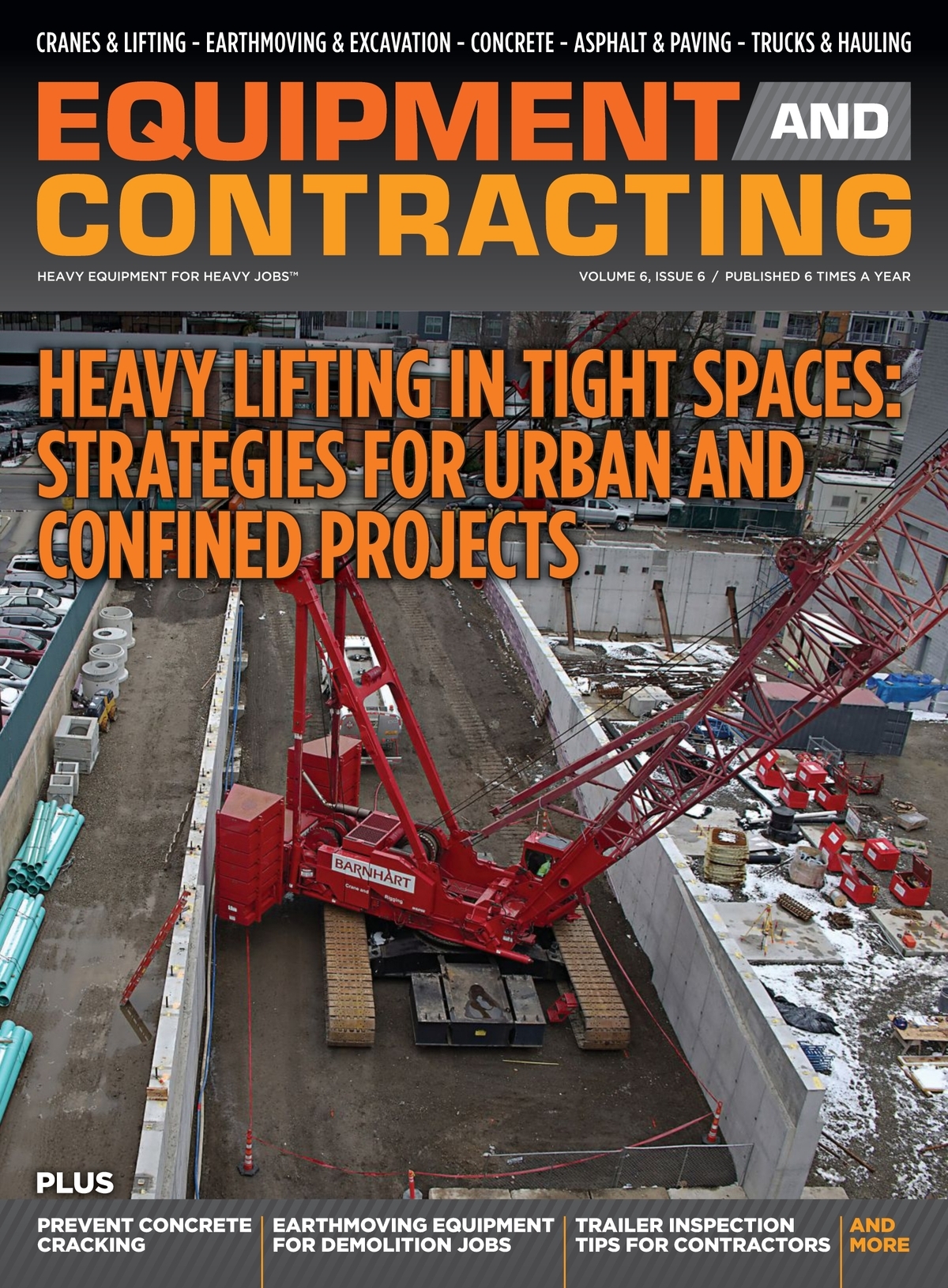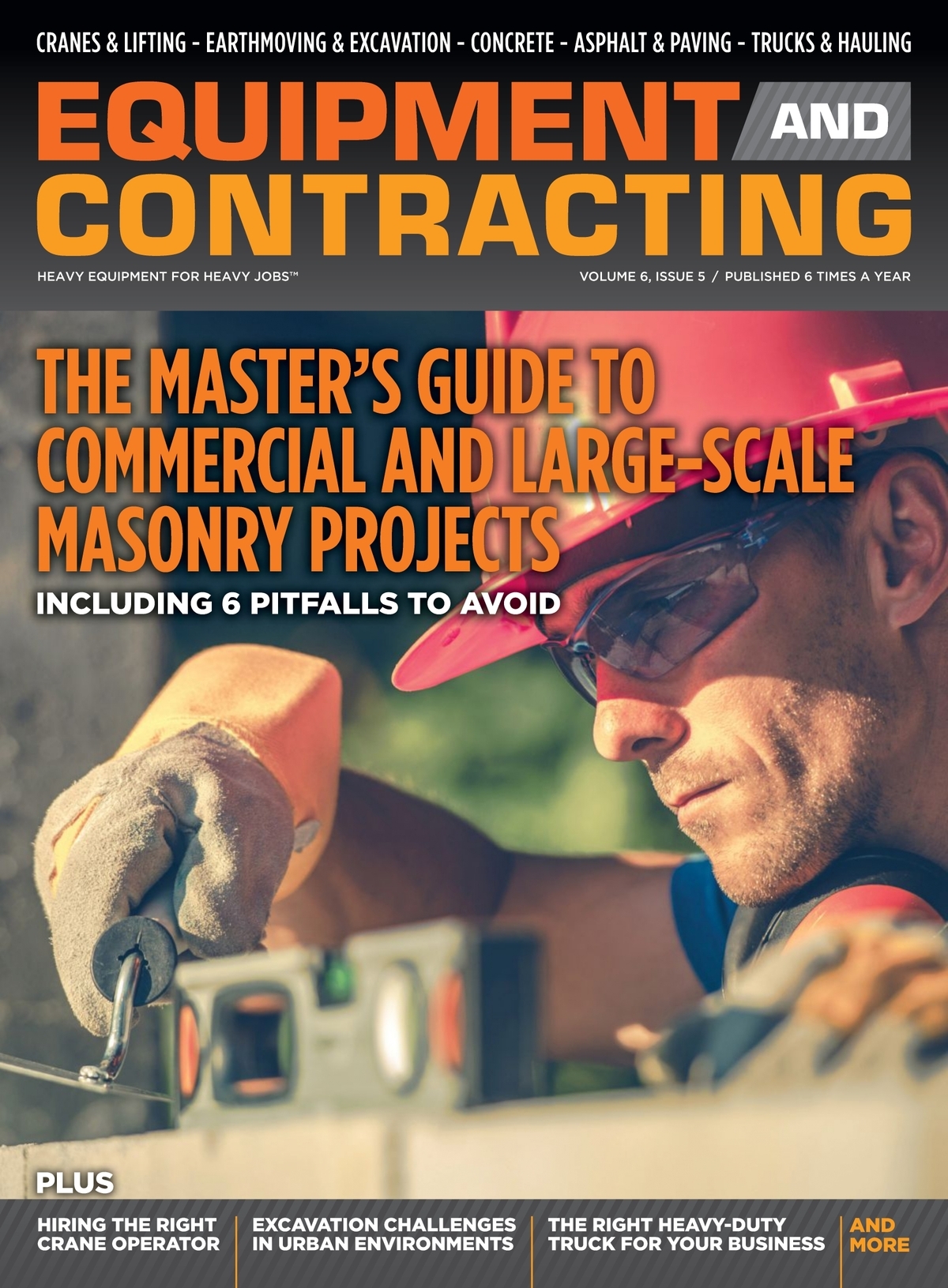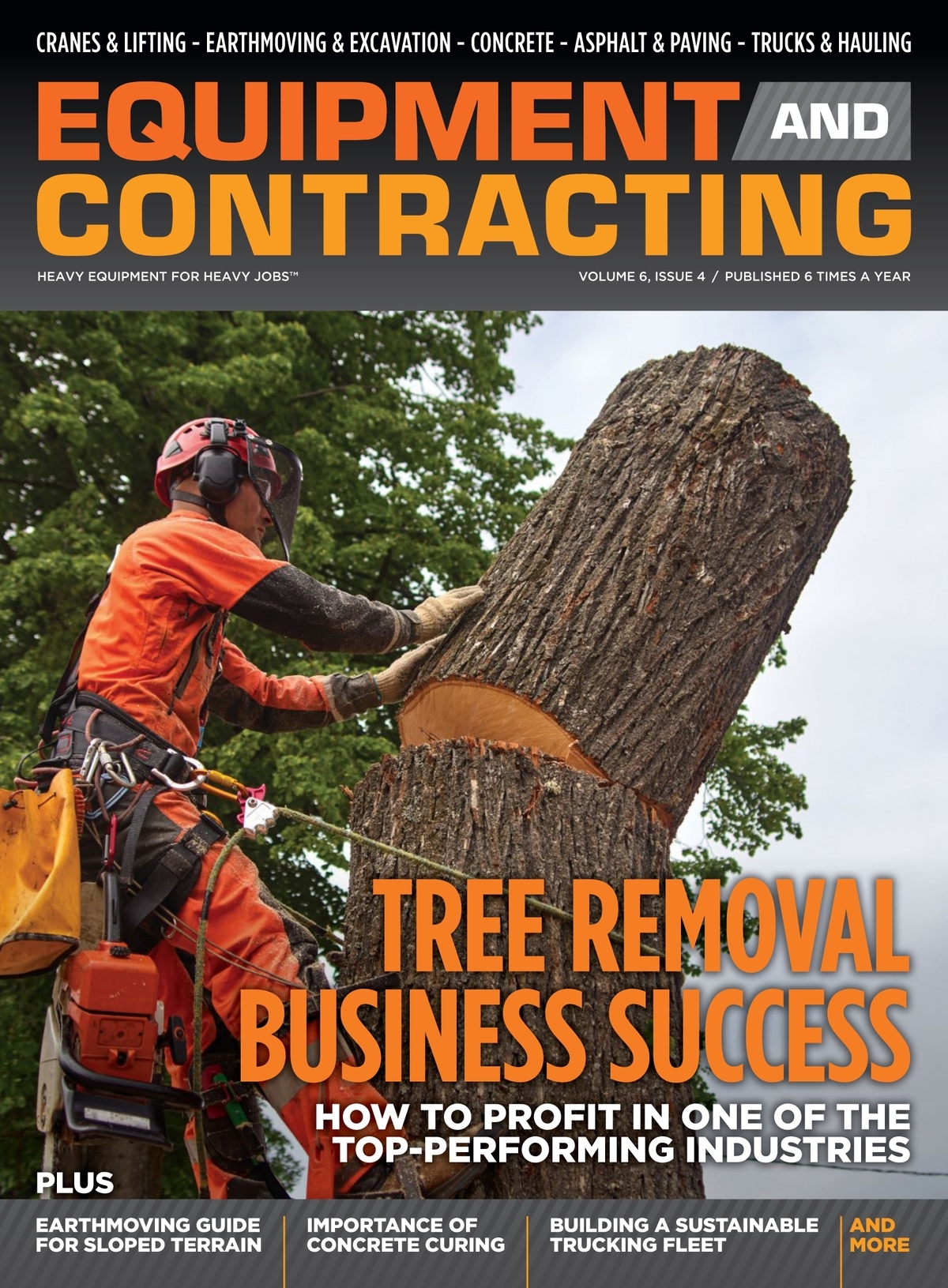
View the complete article here.
By Rick Longstaff – VISTA Training
When it comes to heavy equipment, is it best for an operator to learn in a structured training environment – such as a classroom or online web-based training (E-learning) program – or via on-the-job experience? The ideal solution is a combination of the two.
The reality is that you can never be formally taught by someone else to know everything you need to know. Quite often, the most important part of an education comes from on-the-job-training and work experience. We’ve all heard the old saying “experience is the best teacher.” There’s a lot of truth in that saying. But to learn everything you need to know by experience to perform your job effectively would be costly beyond description. And in many cases, you wouldn’t survive long enough to become a safe, efficient, productive member of the team based only on on-the-job experience.
No Place for Inexperience
For example, do you really want to fly on an airplane where the pilot is just learning by experience? That’s not going to happen because of all the strict regulations required to get a pilot’s license and the complexity of aircraft today. Would you go to a self-taught doctor who has no formal training and certification, but has learned only by experience? Not on your life!
But just about anyone with a desire can rent many types of construction equipment and put them to work without a minute of formal instruction. In most cases, there is nothing illegal about this risky practice. Insurance reports, OSHA accident reports and old-time operator war stories are loaded with tales of first-time operator mishaps. Some of them are really funny, some are pretty scary and others are simply tragic.
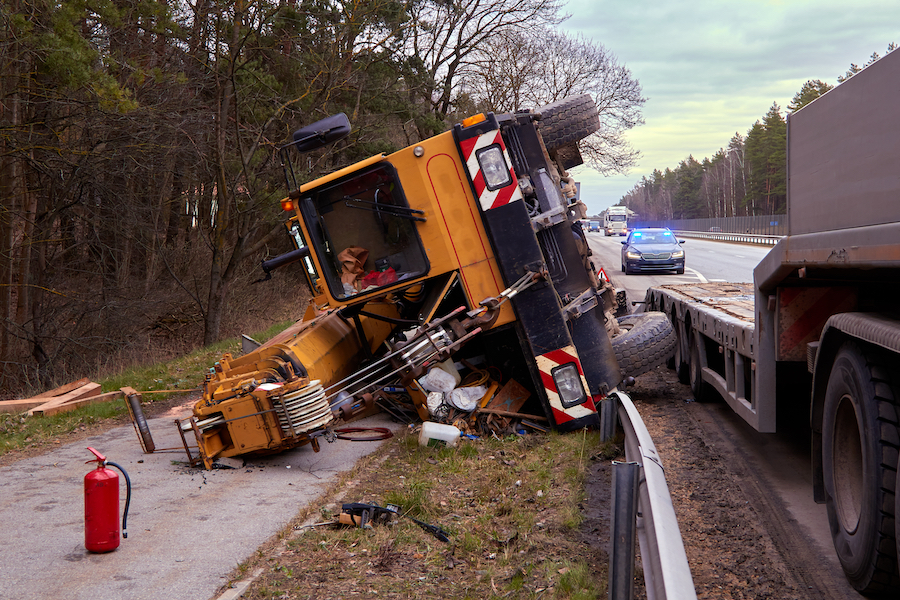
The Tales Old Operators Tell
In addition to scary rental stories, a more common scenario is the grizzled old heavy equipment operator who has never had a day’s formal operator training in his life. They are so good with the machine it is as though they were an integral part of it. But if you get them talking, every one of them can tell you stories about the close calls they’ve had during their careers. They were just lucky enough to survive those mishaps to become a the experienced operators they are today. Those old-timers know better and won’t repeat those harrowing mistakes.
A Practical Approach to Accelerating Skills Training
So how can you accelerate skill development for heavy equipment operator training? Here is one approach that works especially well:
It’s vital that the person being trained understands what the machine was basically designed to do. That probably sounds a little silly when you think of the typical jobs that an excavator, dozer or wheel loader performs. They were designed to scoop up stuff or push it around, right? Well, yes, in part. But there’s so much more to what each type pf machine does and the conditions in which it does it:
- A wheel loader used in a re-handling operation like loading stone or sand in a pit exhibits different characteristics than when it is used in bank excavating on comparatively rough terrain.
- A bulldozer cutting a new road bed across relatively flat terrain can feel a lot different when it is snaking out through the woods in a logging operation.
- An excavator operator digging a basement hole requires different skills than the one shaping the side of a hill in shale rock terrain.
Effective entry-level training must include some classroom or web-based instruction on the types of tasks performed by the machine they’re about to use, what all the levers and buttons do, and just how sensitive they are to the human touch. A few lessons on the variety of work these machines can do will be an eye-opener, and will instill some respect for the inherent dangers and challenges of the routine-looking tasks they must perform.
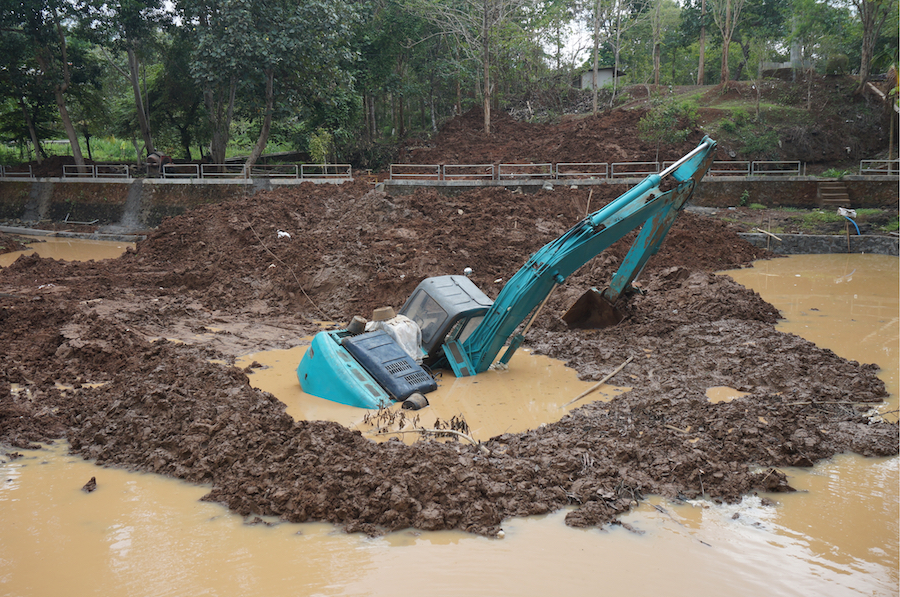
Classroom Learning + Structured Hands-on Experience = Knowledge Retention
But it is also necessary to quickly transfer that classroom learning into practical experience on an actual machine. Classroom knowledge needs to be reinforced with structured in-the-field activities that build upon what they’ve learned. Adults need to learn and then do. That’s how you “anchor” knowledge in their minds so they can retain it.
At all times, the instructor must create an atmosphere of comfortable two-way dialogue, so the learner can feel free to ask questions. Open dialogue also helps the instructor to gauge how well the information is being absorbed and applied. In addition, testing must be done periodically to see how much information trainees are retaining. Tests need to focus on the “need-to-know” and leave most of the “nice-to-know” stuff out.
The bottom line is this: Don’t overlook web-based or classroom training in favor of on-the-job “learn as you go” experience. Both are critical to developing competent, productive and safe equipment operators.
For more information see: https://www.vista-training.com/training/Jurnee-Instructor-Kits
View the complete article here.
Is formal training or on-the-job experience better for becoming a skilled heavy equipment operator?
The ideal approach is a combination of both formal training, including classroom or online instruction, and on-the-job experience to ensure comprehensive skill development and safety awareness.
Can heavy equipment operation skills be learned solely through on-the-job experience?
While on-the-job experience is valuable, relying solely on it can be costly and risky; a structured training environment, combined with practical hands-on learning, is crucial for developing competent and safe equipment operators.

